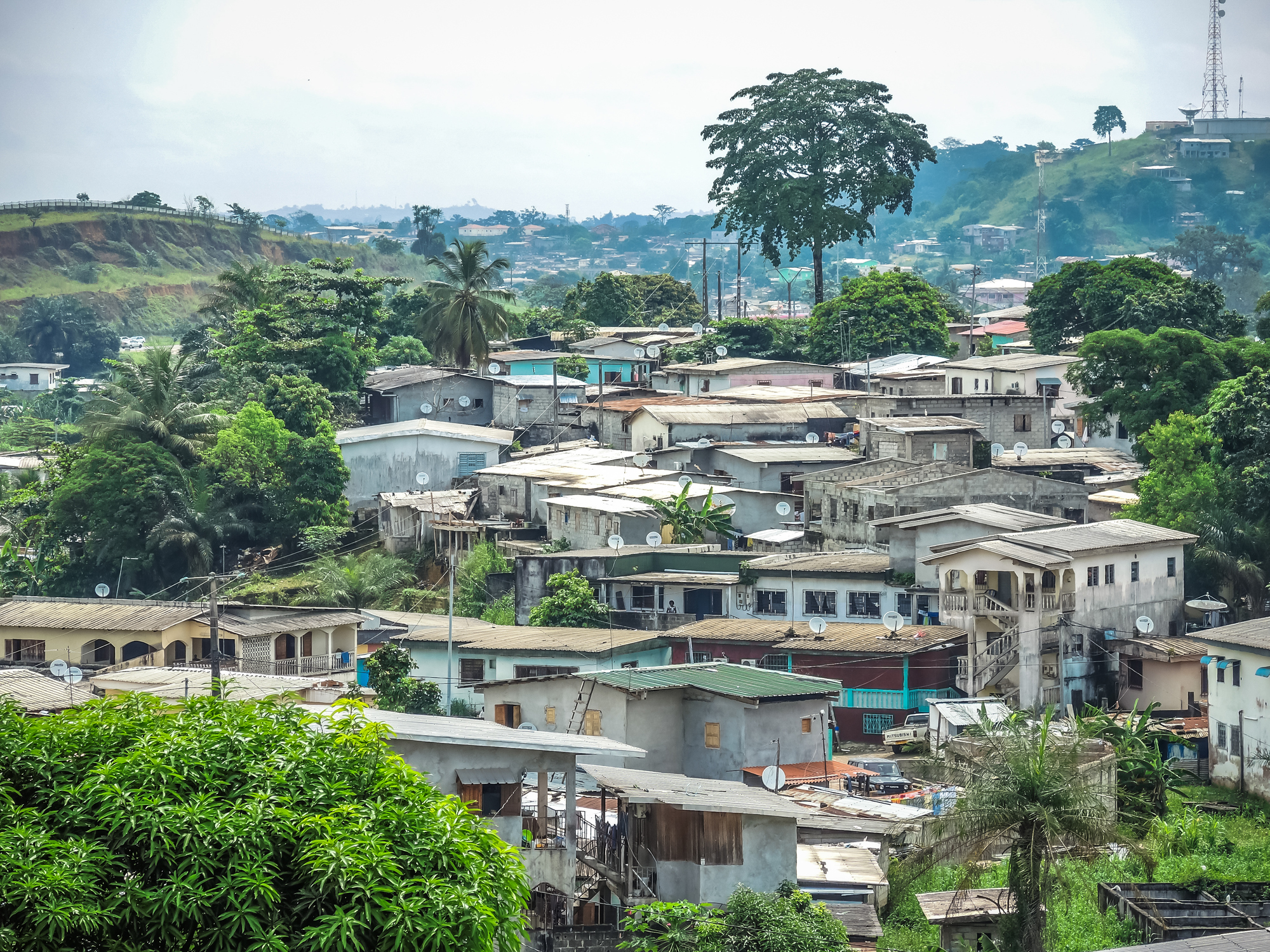Libreville, Gabon: Rapid climate risk assessment
Summary
The Global Center on Adaptation has completed the city scoping and rapid climate risk assessment for Libreville, Gabon. The study identifies different climate-related hazards for the city as exclusion of vulnerable people, heat island effects, decrease of air quality and decrease of quality of citizens’ health.
Some of the causes are deforestation, urbanization on flood-prone areas, poor waste management and surface water pollution. The national and city governance structure are analysed from the climate mitigation and water management points of view as are the national climate change action plan. The report presents the institutions engaged with climate research. The results of interviews with city stakeholders on climate change hazards are presented as is their prioritization. The impacts of climate hazards on the environment, economy and society are analysed in depth as are the socio-economic, governmental, physical and environmental adaptive capacities.

About the GCA'S City Adaptation Accelerator (CAA)
The development objective of the CAA is to support cities and countries strengthen their urban climate adaptation and resilience outcomes through enhanced (1) understanding; (2) planning; (3) investments; and (4) governance and capacity building. The initiative’s scope is global.
In addition, all activities will adhere to four cross-cutting criteria: (A) scalability; (B) locally-led action and equity; (C) partnership; and (D) urban dialogue.
For the CAA program, improved urban climate adaptation and resilience outcomes are characterized by:
- strengthened urban climate risk management[1] in cities and their hinterlands;
- improved climate-adaptive spatial planning[2] at the municipal and regional levels;
- enhanced water resources management for more equitable access to ecosystem benefits;
- enhanced resilience, consistency, inclusiveness and integration of urban drinking water, sanitation and solid waste management services; and,
- improved urban livability and public health from climate risks stemming from heat stress and disease.
GCA’s City Adaptation Accelerator (CAA) will partner with national and local governments to accelerate and scale high-impact climate adaptation and resilience-building efforts in cities. Technical, institutional and financial support and partnerships are urgently needed to enhance the feasibility and effectiveness of urban climate adaptation solutions that span physical, natural and social infrastructure.
As a programmatic approach, CAA will flexibly deploy a suite of decision-support tools as well as technical and financial advisory services on a demand basis – enabling cities to address climate-related urban challenges identified as the biggest impediments to long-term development. CAA will work across multiple fronts from hard investments (i.e. infrastructure), development policy (i.e. legislation, regulation) and service delivery (both formal and informal) – bringing together a diverse swath of actors ranging from national to municipal governments, local communities, international development organizations, multilateral development banks and the private sector. Climate mitigation efforts (i.e. CO2 emission reduction) are not included in this initiative; however, by pursuing green approaches (including Nature-based Solutions) to the greatest extent possible, a number of efforts will likely have significant climate co-benefits.
[1] Common climate hazards include flood, drought, storms and fires. Risk management of these hazards will encompass the full cycle of (a) prevention, (b) mitigation, (c) protection, (d) emergency response and (e) recovery.
[2] This will include elements related to erosion protection in coastal areas, along water bodies and in upstream catchments.









Trending Discussions
From around the site...
“Absolutely interested! I'll connect via email to discuss reviewing and enhancing the Economic Analysis of Climate...”
Adaptation-related events at COP28 (all available to follow/stream online)
“Please check out these adaptation-related events taking place at COP28 - all available online (some in person too if...”
Shining a light for biodiversity – four perspectives to the life that sustains us. Four hybrid sessions.
“30 November to 19 December 2023 - Four Sessions Introduction The SDC Cluster Green is happy to invite you to the...”